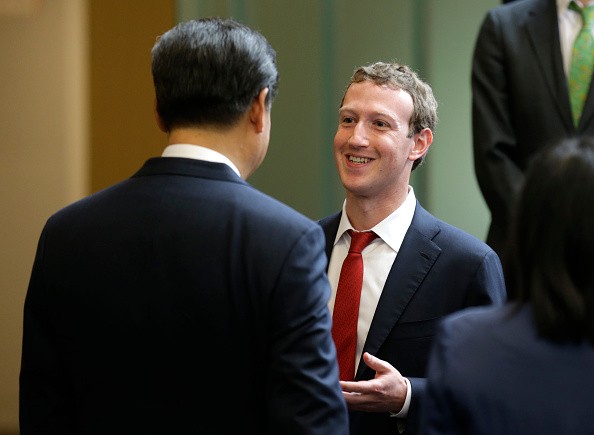A state-owned website in Tibet expressed its support for Facebook CEO Mark Zuckerberg, who recently visited mainland China in a bid to bring the social media platform back to the country and its territories.
According to the Global Times, a website controlled by the autonomous government declared support for the social media giant after Tibetan separatists slammed him for negotiating with China.
According to previous reports, Zuckerberg has been repeatedly mocked over the Internet sparked by an image of him jogging leisurely in Beijing, with Chinese censors urging the media and netizens in the country to stop picking on the Facebook founder.
On March 19, the 31-year-old Facebook boss met with China's Propaganda Chief Liu Yunshan in a bid to negotiate the re-entry of the social media platform to the country, reported the Xinhua News Agency.
At the time, Liu expressed his hopes that the social media platform should be able to work with the Chinese Internet "to build a 'community of shared future.'"
However, many Tibetans are unhappy with how Facebook acted on matters related to freedom of expression via the social media.
A perfect example of this was the international campaign condemning how the social media platform deleted a video posted over Facebook in Dec. 2014 showing a Buddhist monk setting himself on fire in front of a police station in Sichuan Province.
According to Voice of America, Tibetan activist and writer Tsering Woeser was shocked to see that her post was removed from her Facebook page for "violation of community standards."
At the time, Facebook explained that the video was removed because some users "object to graphic videos" and that while they work hard "to balance expression and safety," the social media platform still lacks features to warn users ahead if the post they are about to view contain graphic content.
However, Woeser is not satisfied with this explanation and called Facebook inconsistent with its policies, noting that she has been posting images of self-immolation over the social media platform since she became a Facebook user in 2008.



























